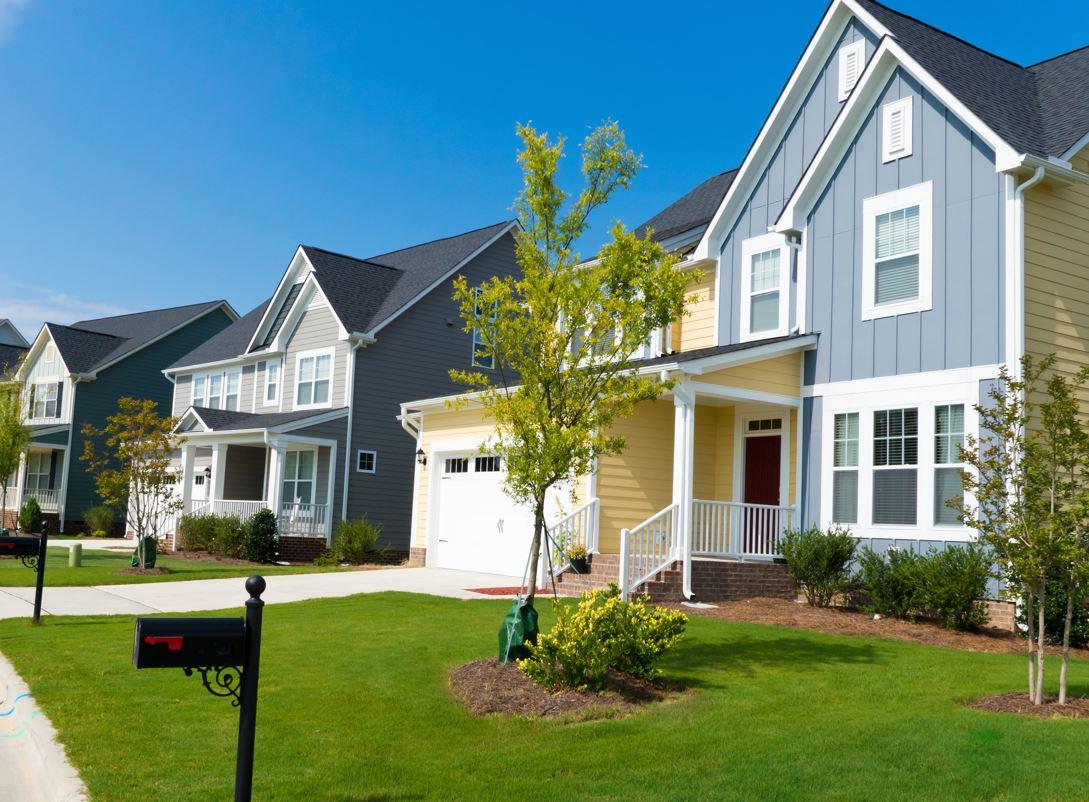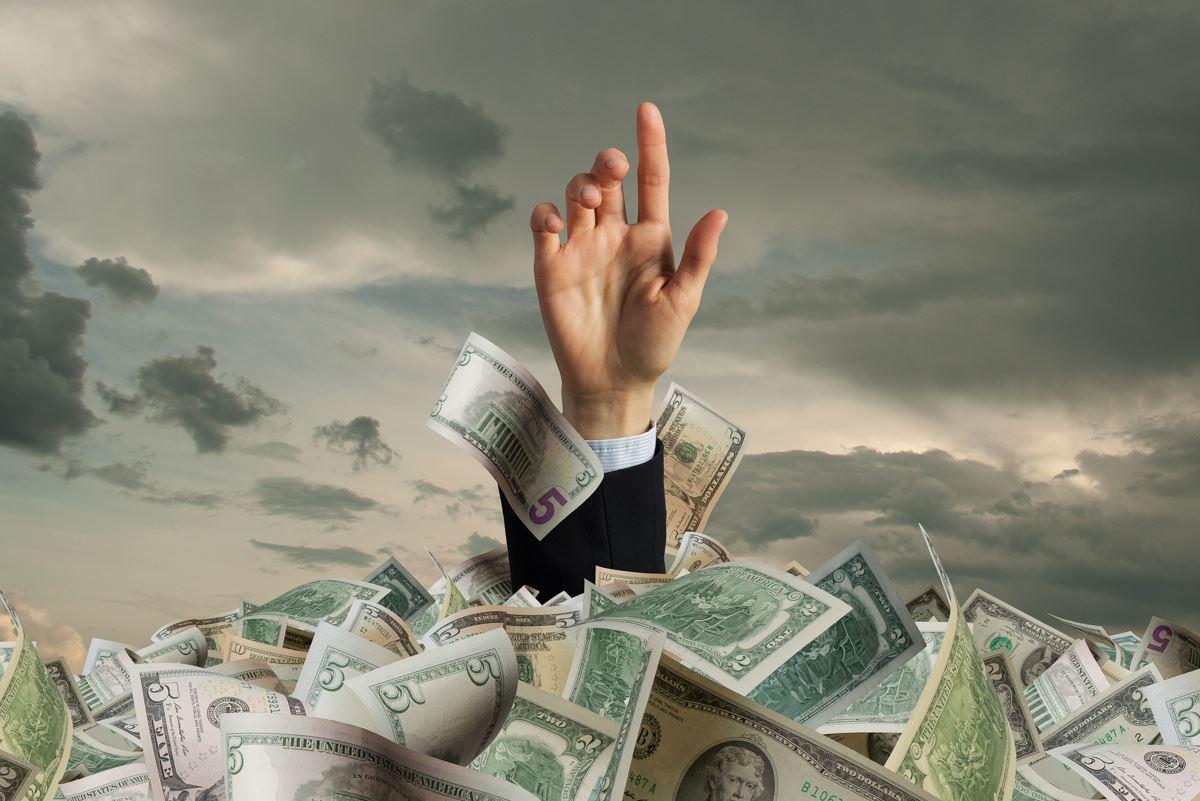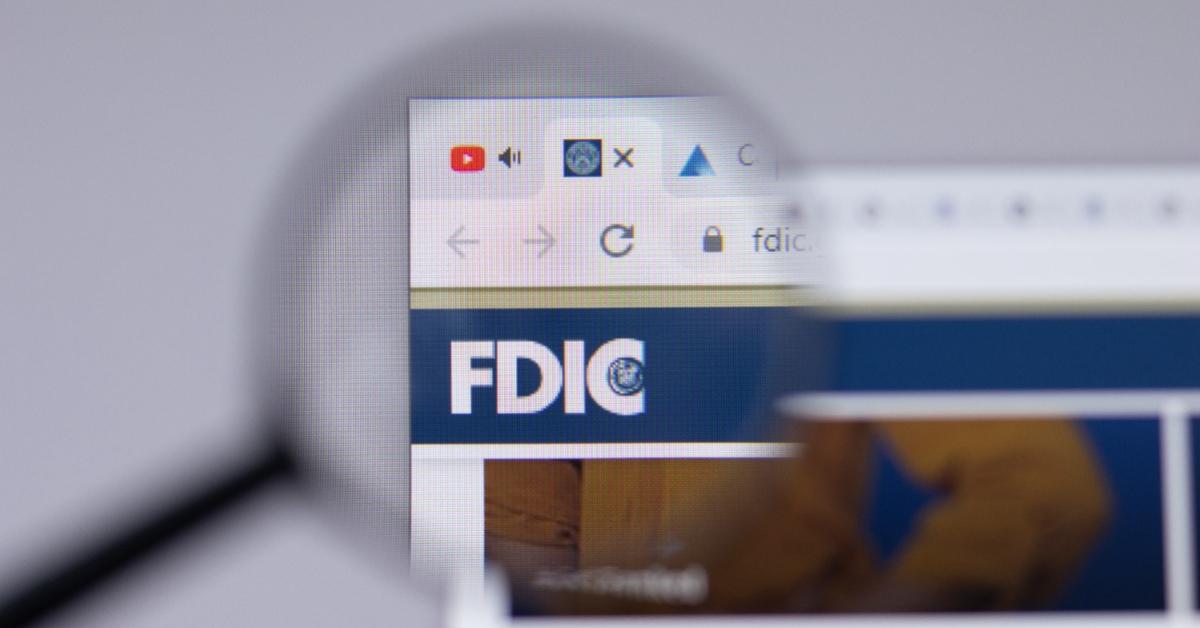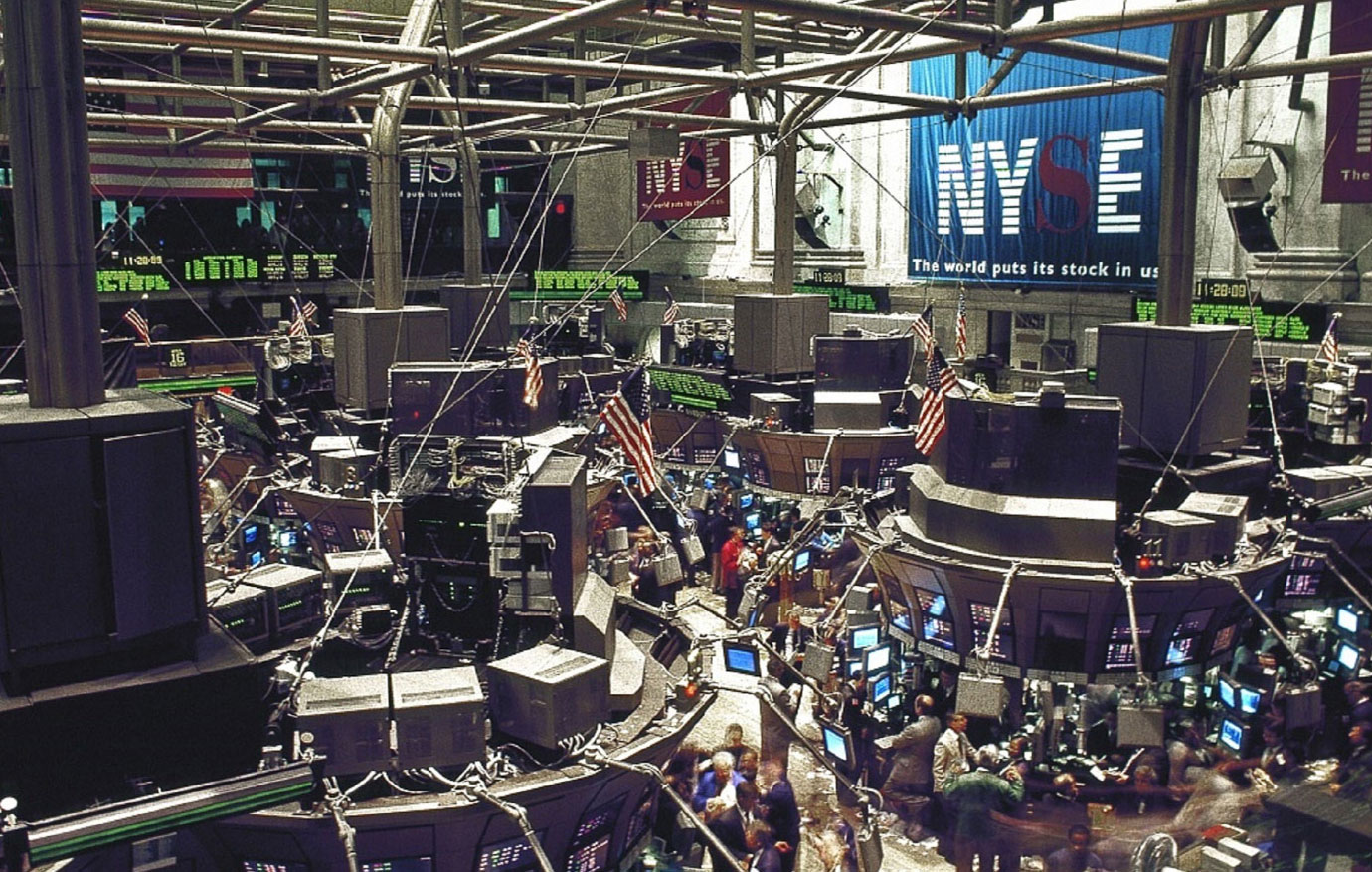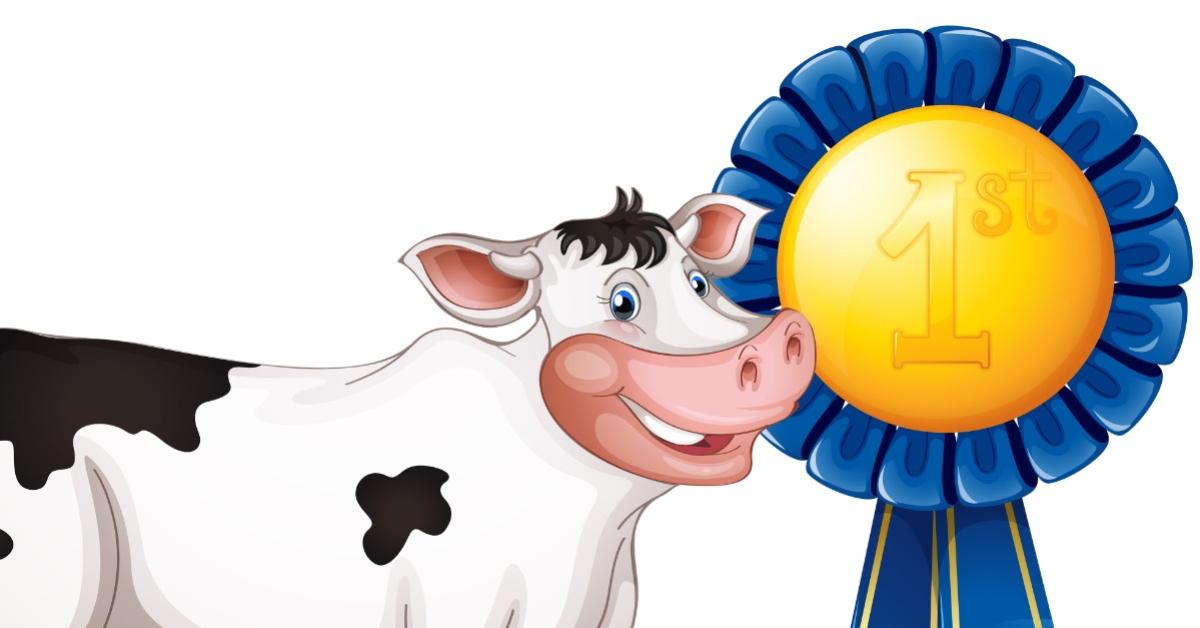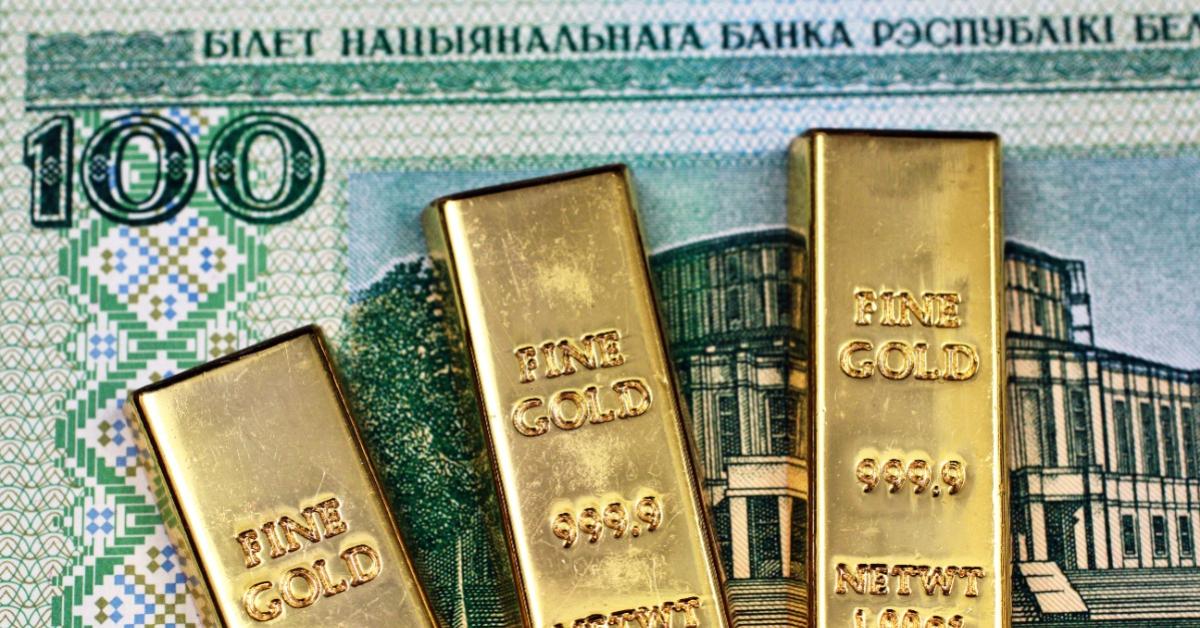Housing Is Getting Less Affordable. Governments Are Making It Worse.
The average square footage in new single-family houses has been declining since 2015. House sizes tend to fall just during recessionary periods. It happened from 2008 to 2009, from 2001 to 2002, and from 1990 to 1991. But even with strong
Prospects for Right Libertarian Fusionism
Recorded at the Arizona Biltmore Hotel in Phoenix, Arizona on October 7th, 2022. The 1989 Rockford Institute meeting picture: Mises.org/1989-Rockford Sponsored by Angela and Roger Box.
“Spend Now, and Deal with the Consequences Later” Is the Worst Policy
Quantitative easing was designed as a tool to provide time for governments to implement structural reforms, boost growth, and strengthen the economy. However, it has become a tool to increase the size of government and take increasingly riskier levels of
Inflation, High Inflation, Hyperinflation
Hyperinflation? Yes, it can happen here, and the more officials deny hyperinflation is possible, the more they create the conditions that causes it. Original Article: "Inflation, High Inflation, Hyperinflation" This Audio Mises Wire is generously sponsored by Christopher Condon. '
How Austrian Economics Took On the Academy
Recorded at the Arizona Biltmore Hotel in Phoenix, Arizona on October 7th, 2022.
Murray Rothbard Was Right: Deposit “Insurance” Is Not Insurance at All
In his book The Case against the Fed, Murray Rothbard writes a section on deposit insurance, which was instituted under FDR’s New Deal in 1933 at $2,500 per account and over time raised, reaching $250,000 during the banking crisis of
Edward Chancellor’s Much-Needed (But Not Heeded) Wisdom on Interest Rates
The world seems to be on fire, and much of the trouble comes from the efforts of central banks to suppress interest rates. No one understands that problem better than British historian Edward Chancellor. Original Article: "Edward Chancellor's Much-Needed (But Not
The Nobel for Government Intervention: Bernanke and Others Rewarded for Flawed Theories
The Nobel Prize in economics for 2022 was awarded to Ben S. Bernanke, Douglas W. Diamond and Philip H. Dybvig for their research on the role of banks in economic growth and on how banks can set in motion a
Gold as Natural Money
“The Earth speaks to us through the elements of nature. In every natural thing, we can find a hidden, powerful message.”—Ralph Waldo Emerson Every natural element with which the earth has been endowed has a usefulness—a purpose. If we listen to
Why We Need True History and Good Historians
[This article is adapted from the introduction to the Historical Revisionism panel at the 2022 Supporters Summit at the Arizona Biltmore.] In his novel 1984, George Orwell noted the role of the regime in controlling information about the past. After being “re-educated” by


